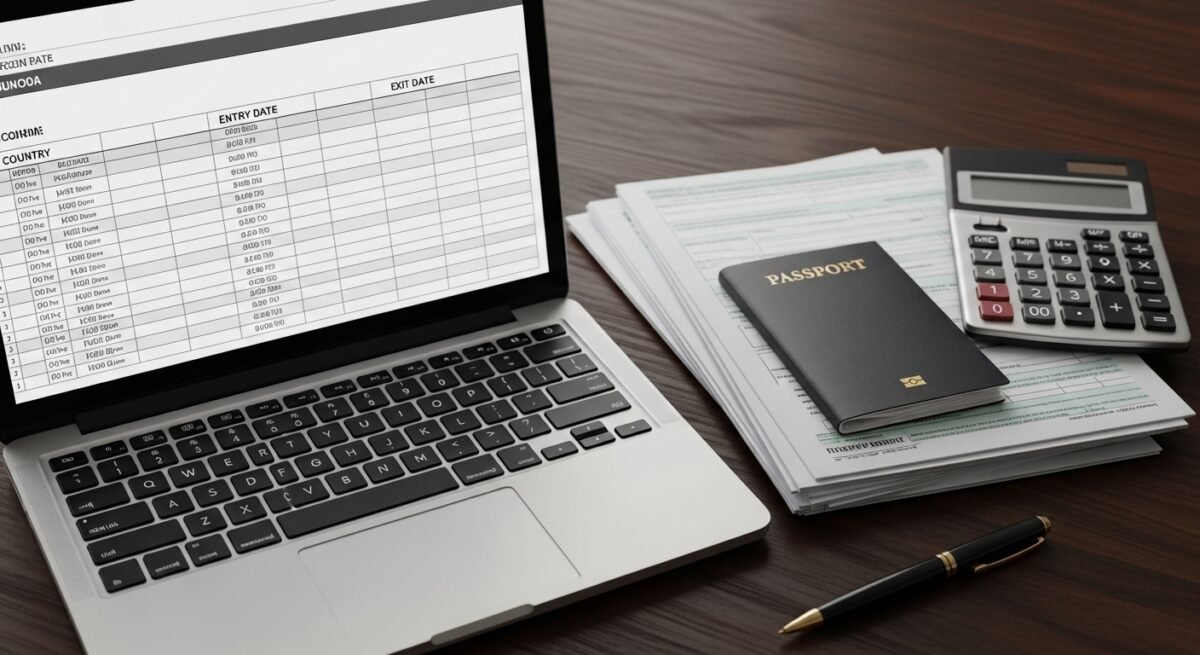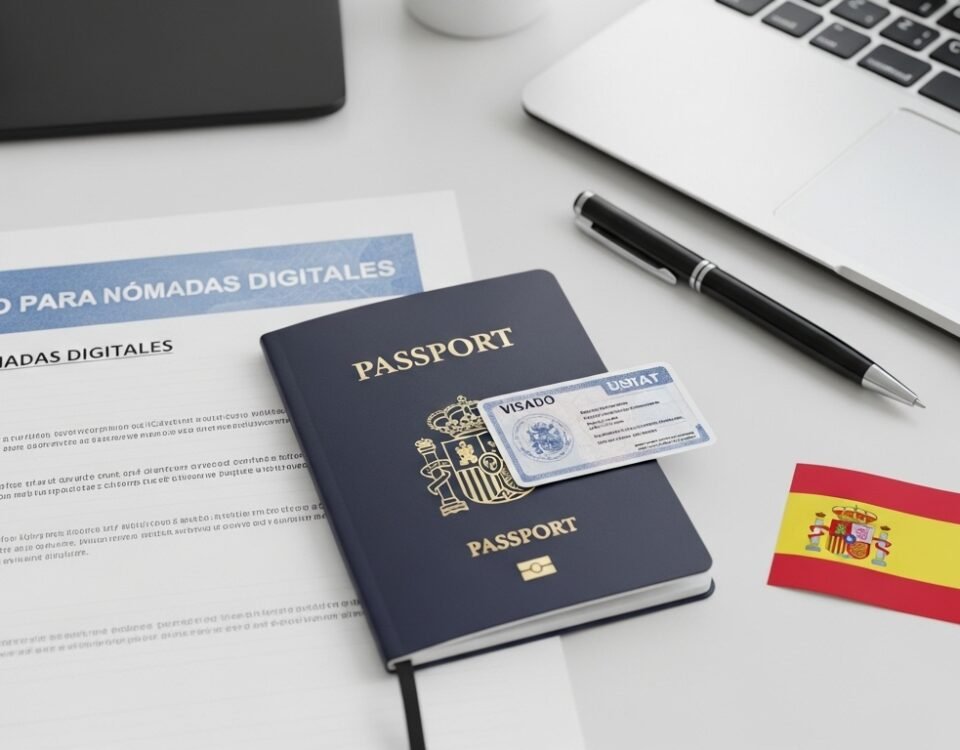(IMPORTANT DISCLAIMER: I am a travel expert and researcher, not a tax professional, accountant, or lawyer. The information in this article is for educational and informational purposes only and does not constitute legal or tax advice. Tax laws are complex and change frequently. You must consult with a qualified professional who understands your specific situation.)
There is no topic that inspires more fear, confusion, and bad advice in the digital nomad community than taxes. It's the big, scary monster under the bed that many travelers choose to simply ignore. But ignoring your tax obligations is one of the fastest ways to end a sustainable travel career.
The good news is that while the rules are complex, the core concepts are understandable.
This is not a guide on how to file your taxes. This is a beginner's digital nomad taxes guide designed to do one thing: demystify the fundamental principles so you can ask the right questions and find the right professional help.
The Most Important Concept: Tax Residency
This is the cornerstone of the entire system. A "tax resident" is a person who is liable to pay taxes in a particular country. Most countries base tax residency on one primary factor: how much time you spend there.
The 183-Day Rule: This is the most common benchmark globally. In general, if you spend more than 183 days (roughly six months) in a single country during a calendar year, you will likely be considered a tax resident of that country and will be liable to pay taxes there on your worldwide income.
Other Factors: Some countries have other tests, such as having a "permanent home," "center of vital interests" (where your family and social life are), or your habitual abode.
As someone who has navigated the residency and bureaucratic systems of both Italy and Poland, I can tell you that each country's rules are unique. Understanding your tax residency is your #1 priority.
A Special Note for U.S. Citizens
The United States is one of only two countries in the world (the other being Eritrea) that has citizenship-based taxation. This means that if you are a U.S. citizen, you must file a tax return with the IRS every single year, no matter where you live or where you earn your money. This does not necessarily mean you will have to pay taxes to the U.S. (thanks to things like the Foreign Earned Income Exclusion), but the filing requirement is non-negotiable.
The Most Important Advice You Will Ever Get
This entire complex topic boils down to one simple, non-negotiable action.
You must hire a specialized accountant or tax advisor who understands expat and digital nomad tax law.
Your local accountant from your hometown almost certainly does not understand the complexities of Double Taxation Agreements (DTAs) or the specific requirements of Spain's Digital Nomad Visa. Investing in a professional who specializes in this field is not a luxury; it is a fundamental cost of doing business as a global citizen.
How to Find the Right Professional
Search for "Expat Tax Advisor" or "Nomad Accountant." These specialists are themselves often remote and are experts in cross-border tax issues.
Ask for Recommendations: Ask in digital nomad Facebook groups for recommendations. You will find a wealth of information from people who have already been through the process.
Your Responsibilities: A Simple Checklist
While your accountant will handle the complex part, you are responsible for providing them with the right information.
Track Your Days Meticulously: Keep a simple spreadsheet of your entry and exit dates for every single country you visit. This is the most critical piece of data for determining your tax residency.
Keep Clean Financial Records: Maintain clear records of your income and business expenses.
Be Proactive: Don't wait until tax season. Find a professional before you start your nomad journey to get advice on the best way to structure your business and finances.
This beginner's digital nomad taxes guide is meant to empower you, not to scare you. While the topic is complex, it is a solvable problem. By understanding the core concept of tax residency and investing in professional help, you can build a sustainable, compliant, and stress-free career on the road.
Do you have a question about the concepts of nomad taxes? Share it in the comments, and let's find the answers together!



